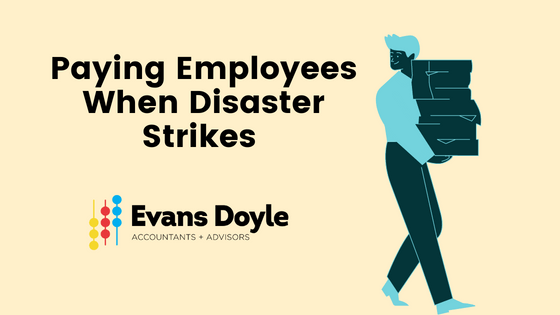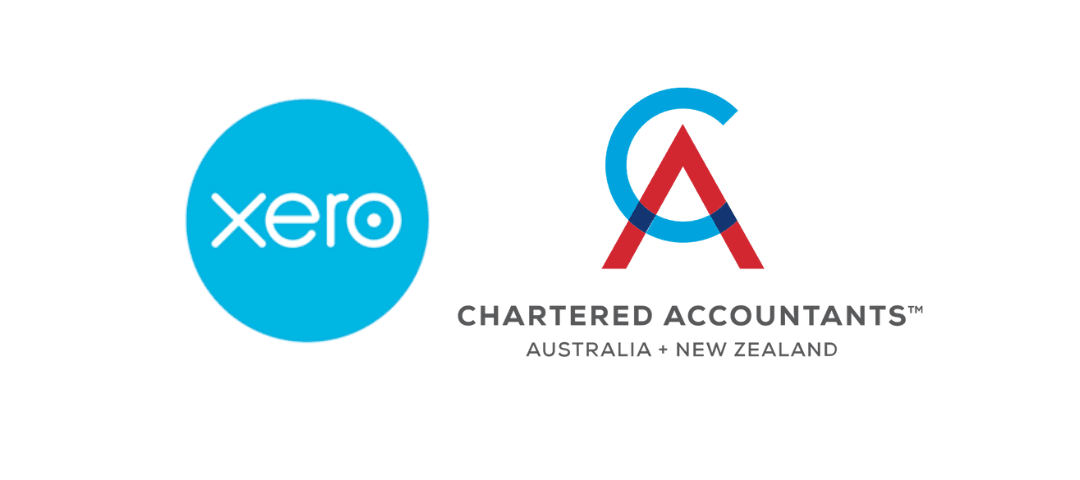With the recent cyclone and flooding affecting regions throughout the North Island, here are some important points to remember regarding your employees and payroll.
First and foremost, ensure the safety of your employees and yourself. During and after emergencies, honest and open communication is vital to maintaining relationships. Remember your employees may be under additional stress.
What about paying employees their wages?
This will depend on who is defaulting on their obligations under the employment agreement. We recommend referring to each employee's individual employment agreement for applicable clauses such as the force majeure (known as an act of God) clause. Also, check for any relevant workplace policies.
What about if the business premise is closed?
If your business cannot be accessed or is closed due to damage caused by a natural disaster, employers and each employee should discuss in good faith and agree on how long they will be away from work or any alternative options, such as working from home. The agreement should be in writing. You may consider updating your leave policies and consider the long-term impact these options will have on business recovery.
Generally, if the situation is not covered under a lawful provision within an employment agreement or workplace policy, an employer is required to pay an employee who is ready, willing, and able to work if work is not available through no fault of the employee.
If an employee is unable to work
If there is work available, but the employee is unable to work, then the employee is defaulting on their obligation, and the employer is not obligated to pay them their normal pay. If an employee needs to look after a sick or injured partner or dependents, they can use sick leave; otherwise, this would be annual or unpaid leave.
Can I make employees use their Annual leave?
If an employer decides to stipulate employees are to take their annual leave, the employer must give employees 14 days' notice.
New Zealand employment legislation is very clear that employers must act reasonably and in good faith. The Heath & Safety at Work Act 2015 requires employers to put the safety and well-being of employees before all else.
For further information and reading, consider the following sources
https://www.beehive.govt.nz/release/5-million-support-package-flood-affected-auckland-businesses
https://www.employers.co.nz/natural-disasters-who-pays-blog.aspx
https://consultinghq.co.nz/employee-rights-during-emergencies/
https://www.business.govt.nz/risks-and-operations/extreme-weather-information-for-business/
Contact Us
Contact Tim Doyle or Jane Evans today to discuss paying employees during & after disasters (or any other matter) on 07 823 4980 or email us. Our office is in Cambridge, NZ, but distance is no problem. We have many international and national clients.
This material has been prepared for informational purposes only, and is not intended to provide, and should not be relied on for, tax, legal or accounting advice. You should consult your own tax, legal and accounting advisors before engaging in any transaction.





